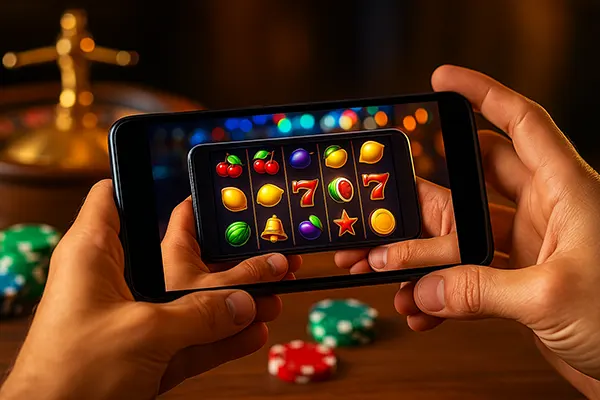
Mobile Casino Games: Does RTP and Volatility Change on a Smartphone?
Mobile gambling software in 2025 relies on certified algorithms identical to desktop versions. Despite this, many players still question whether mobile devices affect return percentages or volatility. This article explains how modern systems function and what users can reasonably expect during mobile sessions.
How RTP Functions in Mobile Versions
RTP represents a long-term statistical value embedded in the game’s mathematical core. Whether launched on a desktop, tablet, or smartphone, the underlying calculations remain unchanged, as all outcomes are generated on secure remote servers approved by regulators.
Independent laboratories audit each release before certification, ensuring that the return percentage listed by the developer remains fixed. Operators working with reputable services apply unified builds across devices, where both mobile and desktop editions rely on the same engine. Reviews published on Nolimit Way often demonstrate how mobile and desktop versions differ in layout and usability, showing that visual adjustments do not influence the certified mathematical model that determines results.
Adaptation for smaller screens may slightly alter animations or interface structure, yet these changes affect presentation only. The payout logic remains identical across devices, and any modification to RTP requires recertification monitored by regulatory bodies.
Why Players Sometimes Believe RTP Is Lower on Mobile
Variance can create temporary streaks of losses or wins, and shorter mobile sessions often make these fluctuations appear stronger. The perceived intensity results from session length rather than any mathematical alteration.
The condensed mobile interface leads users to interact faster, which increases the frequency of rounds and makes deviations more noticeable. Reduced animation quality on older devices may also contribute to a false sense of altered behaviour.
Connection interruptions may briefly pause the game display, yet the result is determined by the server before any animation appears, ensuring consistency regardless of network conditions.

Volatility and Its Independence from Devices
Volatility defines how payouts are distributed over long-term play and is embedded directly into the certified model. No smartphone hardware or browser environment can influence these programmed values, which remain consistent under regulatory oversight.
High-volatility releases naturally produce long periods without significant wins before delivering larger rewards. Faster mobile interaction can make these shifts feel more intense, but the game’s payout pattern does not change between devices.
Only unauthorised or unregulated software can behave unpredictably. Licensed services rely on server-controlled RNGs that preserve consistent volatility across all user environments.
What Actually Differs on Smartphones
Mobile adaptations may simplify animations, shorten transitions, or adjust button placement to improve usability, yet none of these visual changes affect gameplay mathematics. The outcome of each round is calculated independently of the interface.
Battery-saving modes may reduce frame rates or animation smoothness, but these visual adjustments do not alter results. The RNG generates outcomes before any animation is displayed.
Touch controls often make actions faster and more frequent, which can influence session duration and the emotional perception of volatility, though the underlying mathematical model remains entirely unchanged.
Most popular
-
 Blackjack vs. Baccarat: A Comparative Analysis of Odds, Strategies ...
Blackjack vs. Baccarat: A Comparative Analysis of Odds, Strategies ...Choosing between blackjack and baccarat can be challenging, especially for players aiming to maximise their potential returns …
-
 First Person Blackjack
First Person BlackjackAt the moment in the gaming industry there are a lot of interesting and really high quality …
-
 Harlequeen Slot Review by Amatic
Harlequeen Slot Review by AmaticThe virtual gaming floors of online casinos are flooded with a variety of slot games. Yet, every …
